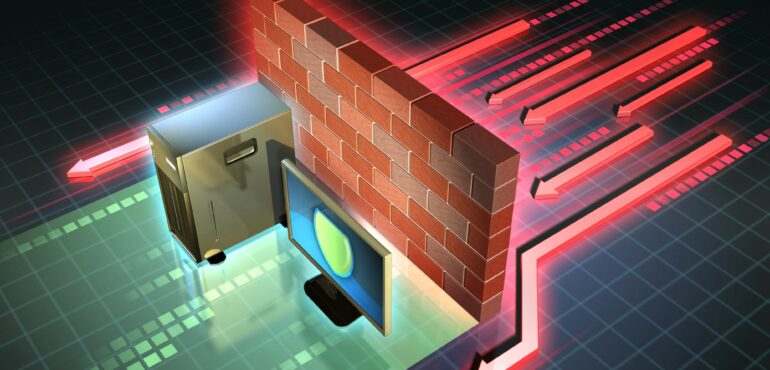The Role of Firewall Servers in Network Security
Firewall servers play a crucial role in network security by acting as an essential barrier between the external world and private networks. Traditional firewalls inspect incoming and outgoing traffic based on preset rules, allowing or blocking specific types of data packets. However, with the rise in sophisticated cyber threats, firewall servers have evolved to include advanced features such as intrusion detection and prevention systems (IDPS) and deep packet inspection (DPI). These technologies enable firewalls to go beyond simple rule-based filtering to detect and respond to more complex attacks.
More Than Just Gatekeepers
Firewall servers have evolved to play a critical role in safeguarding networks from ever-increasing cyber threats. Gone are the days when they merely functioned as gatekeepers. In today’s dynamic threat landscape, these modern firewalls have become the frontline defense against advanced persistent threats (APTs) and zero-day vulnerabilities. The significance of firewall servers lies in their ability to go beyond traditional rule-based protection methods. By leveraging machine learning algorithms, they can proactively identify anomalous patterns of behavior that may indicate potential threats. This means that even unknown or unprecedented attacks can be detected and mitigated, providing organizations with an added layer of security.
These advanced firewalls constantly learn from incoming network traffic, offering real-time protection against emerging threats. They analyze metadata, such as packet headers and flow information, along with payload content for deeper inspection. By comparing this data against known patterns and the established baseline behavior of the network, they can accurately detect and block suspicious activity before it causes harm. Additionally, next-generation firewalls provide granular control over network traffic by analyzing entire packets rather than just header information. This deeper level of inspection helps uncover hidden malware or malicious content within seemingly innocuous data packets.
Managing Access and Proactively Monitoring Network Traffic
Firewall servers are also crucial for maintaining network security and managing access to resources within organizations. They serve as centralized points for authentication and authorization processes, ensuring that only authorized individuals can gain access to sensitive information. In addition to this essential role, firewall servers create security zones or segments to prevent unauthorized entry. These zones separate different areas of the network based on the level of sensitivity of the data and resources stored within them.
By enforcing network policies, firewall servers actively monitor incoming and outgoing traffic, filtering it based on predetermined rules and criteria. This helps protect the network from potential threats such as malicious attacks or unauthorized attempts at accessing confidential data. Moreover, firewall servers often include additional features like intrusion detection systems (IDS) or intrusion prevention systems (IPS). These capabilities enable them to detect and respond promptly to any suspicious activity or potential security breaches in real-time.
As network attacks continue to evolve in sophistication, so will the role of firewall servers in safeguarding our digital assets.
Contact Thinline Technologies for All Your Firewall Server Needs
At Thinline, we’re focused on making it easier for businesses, schools, and other organizations to identify, deploy, scale, and get the most out of their networking and computing solutions. We go the extra mile to make sure you choose a provider that can help you achieve your IT infrastructure goals, including security, reliability, scalability, and performance, for your needs now and in the future. Contact us today to learn more about our firewall server solutions and how our experts can help your business succeed.
